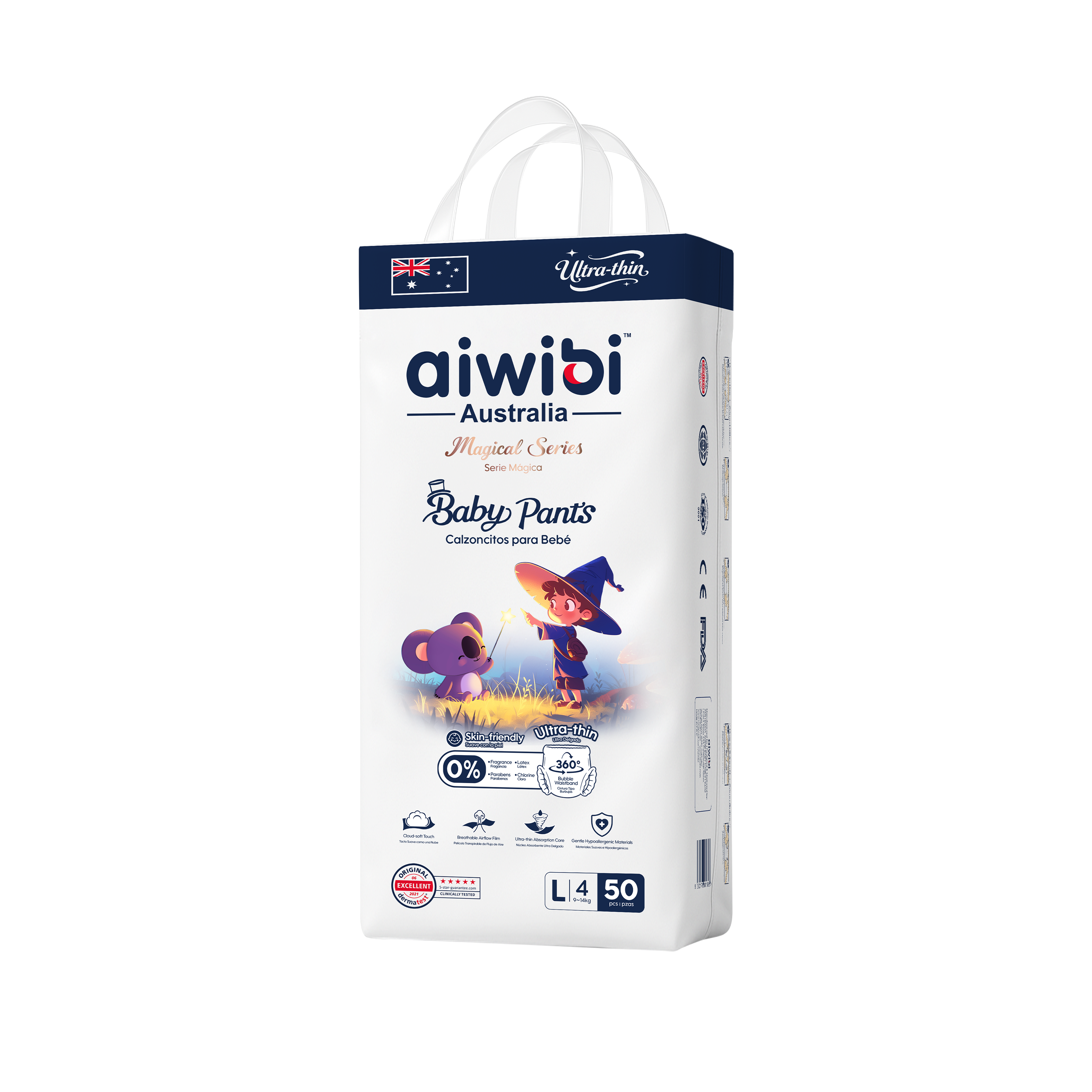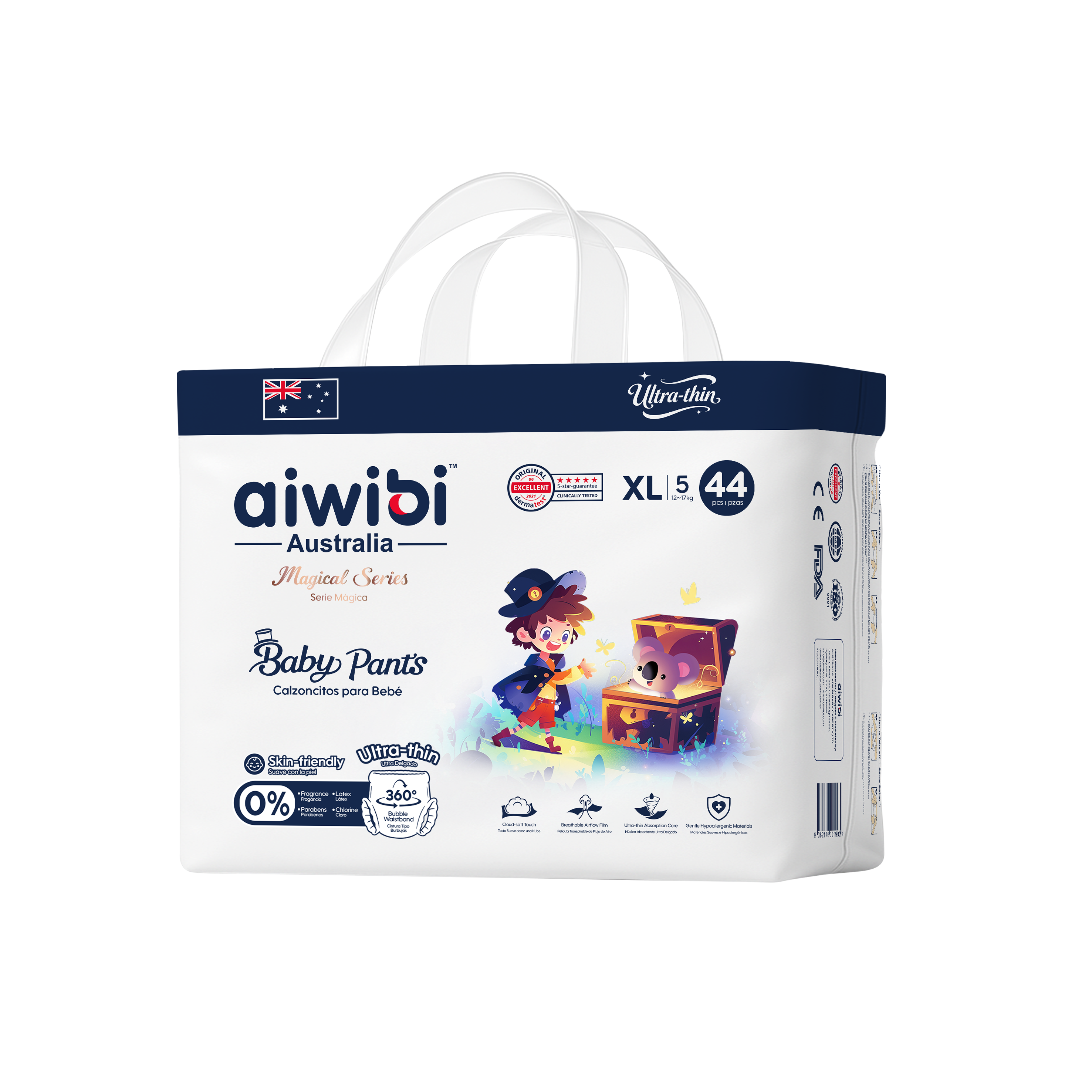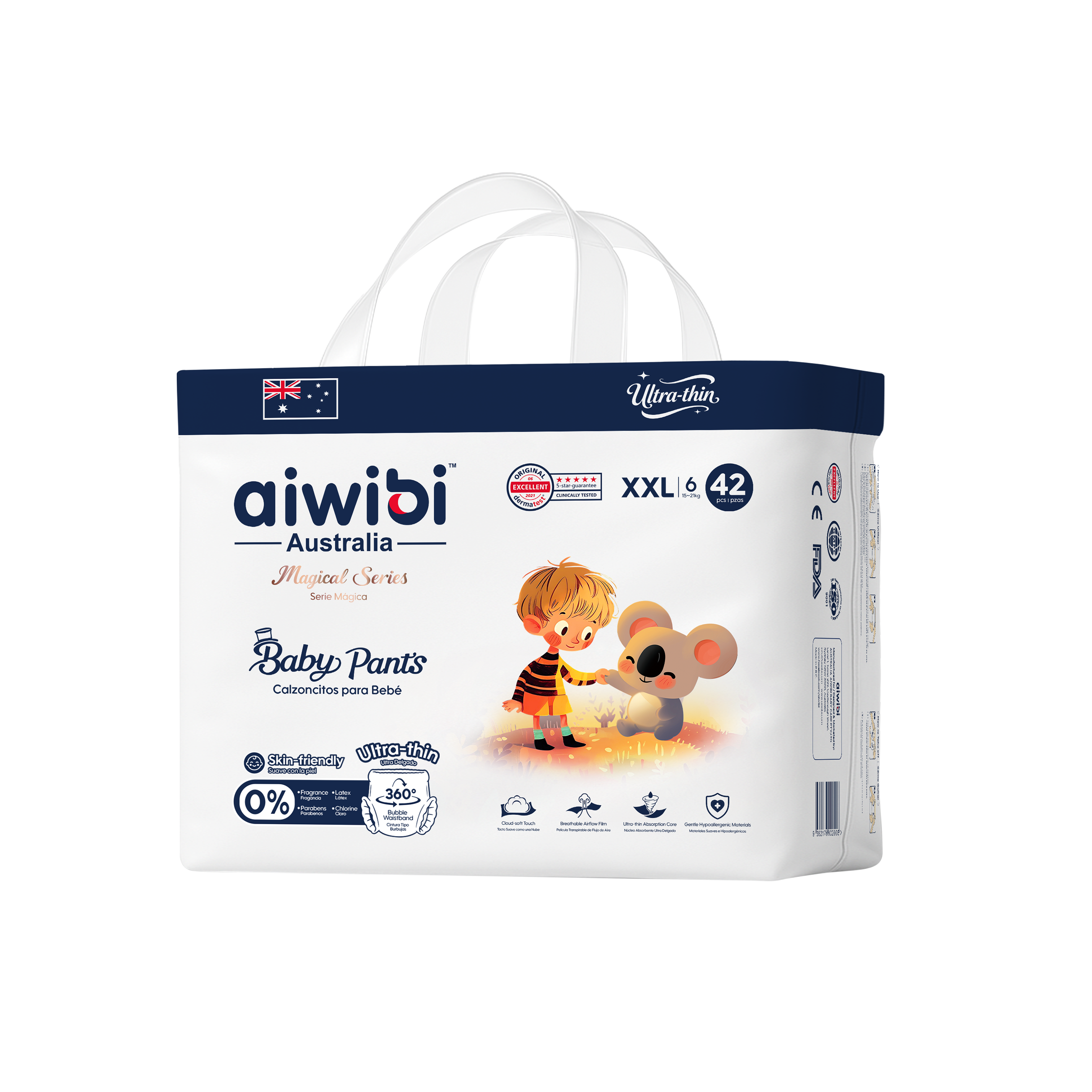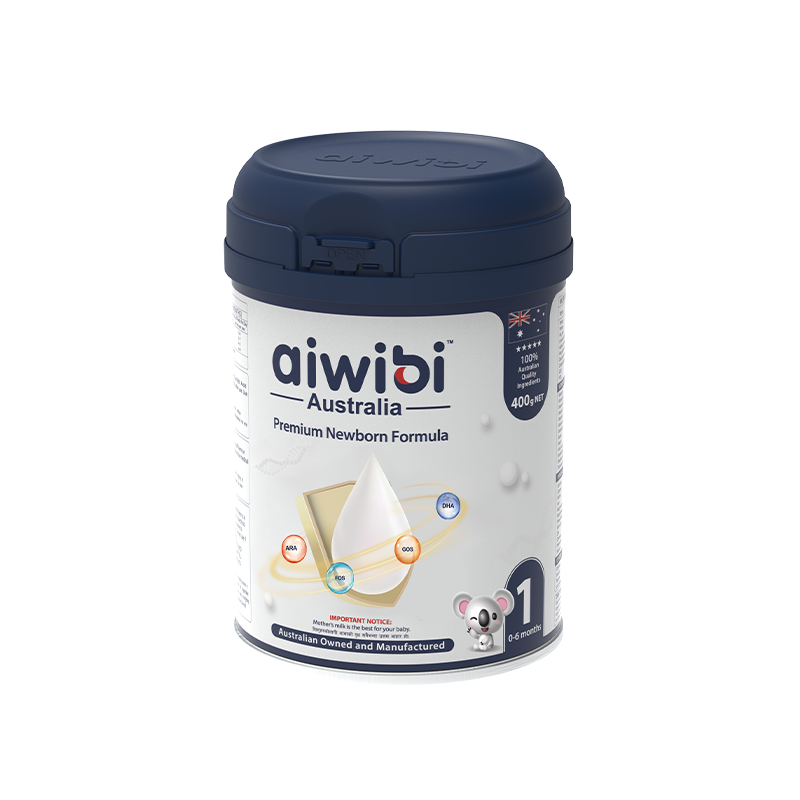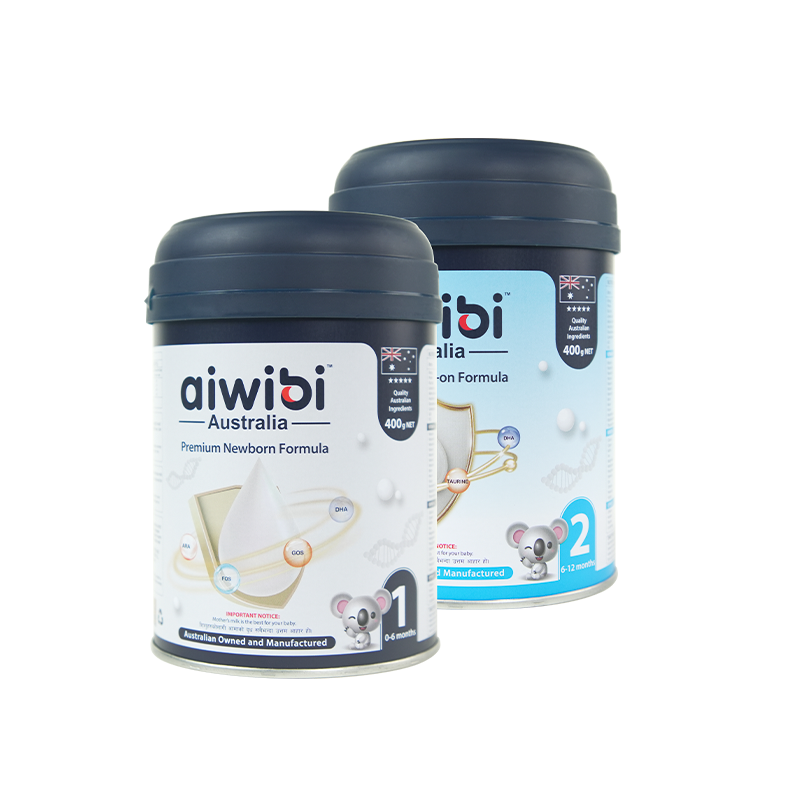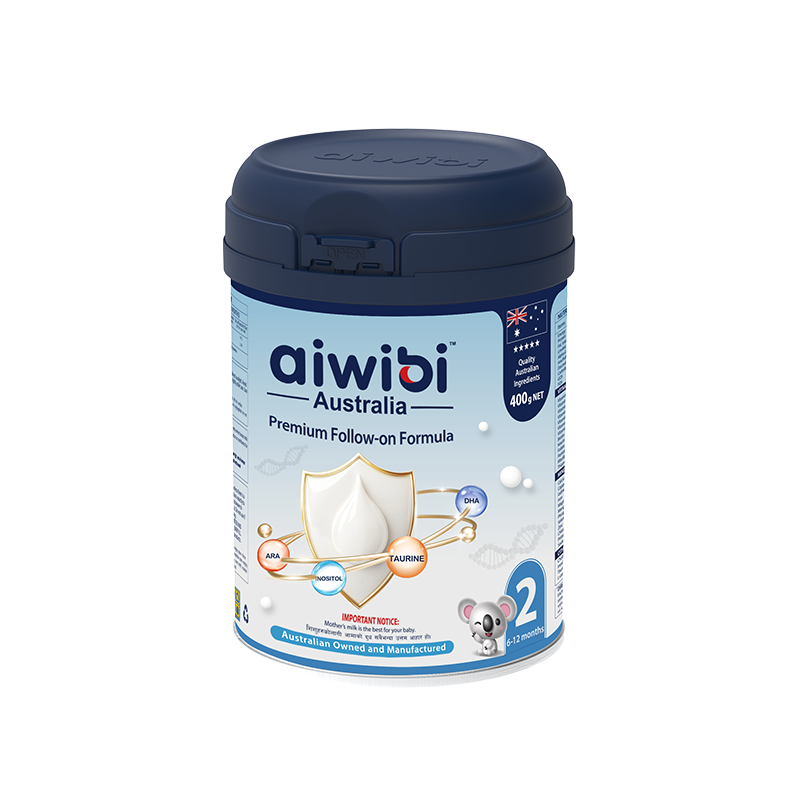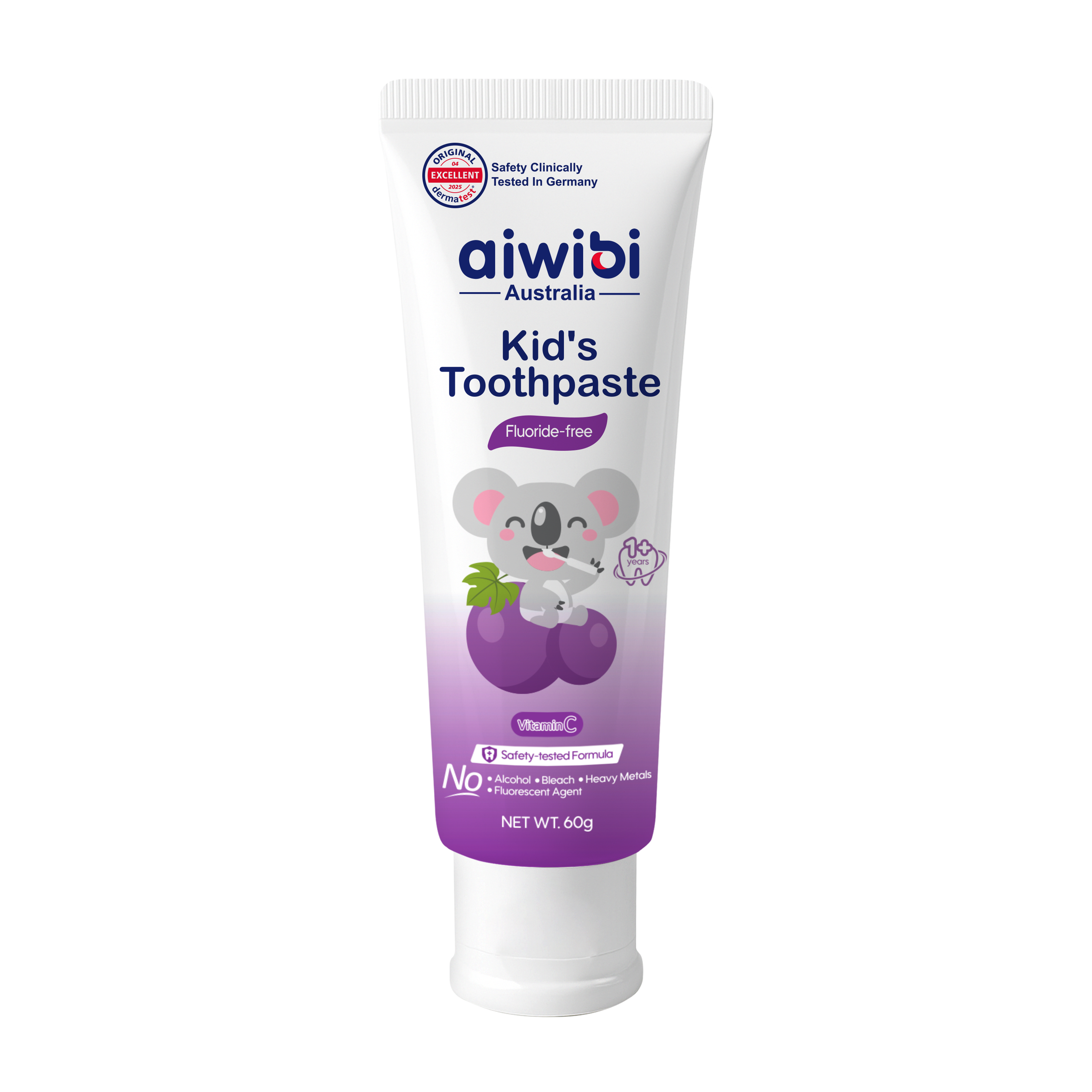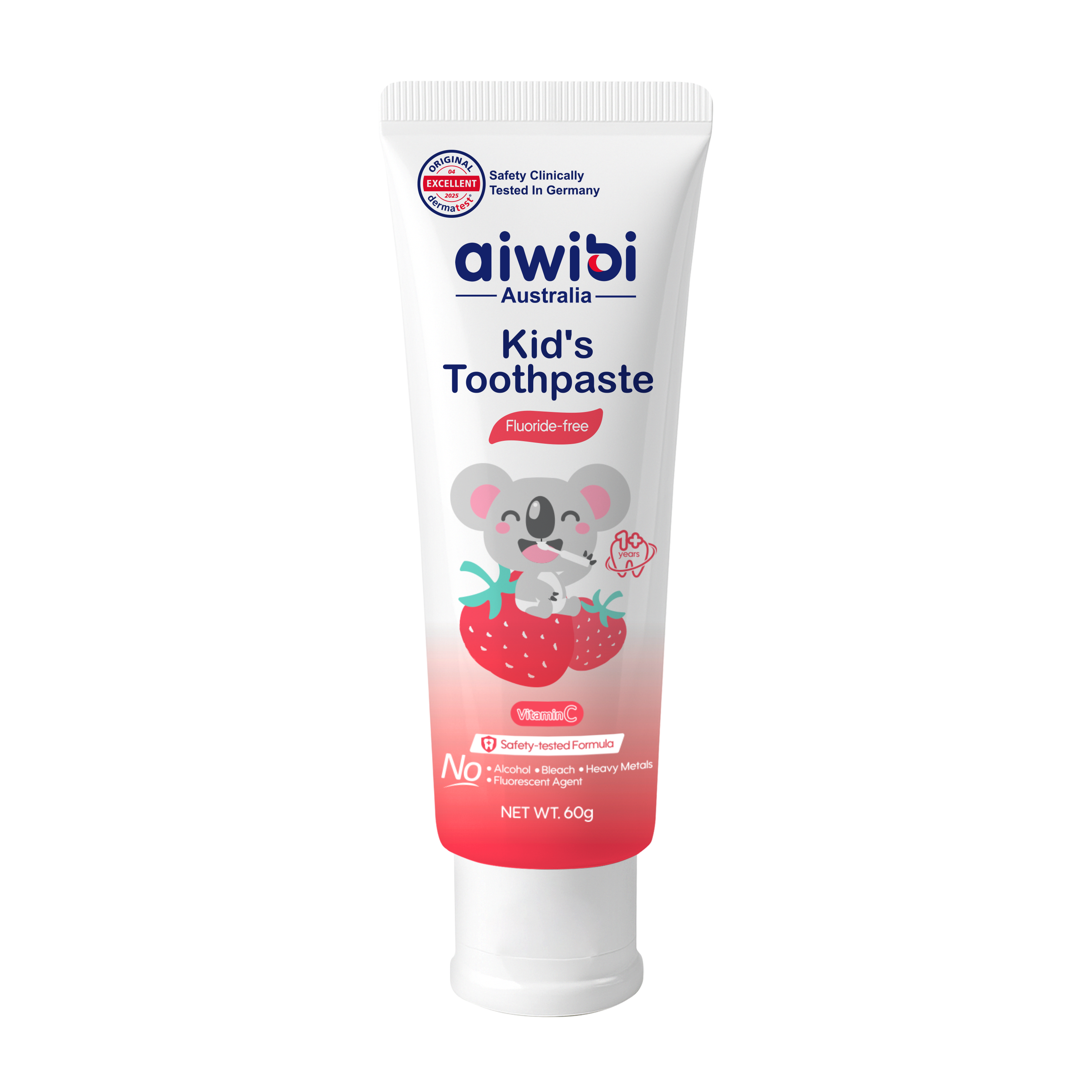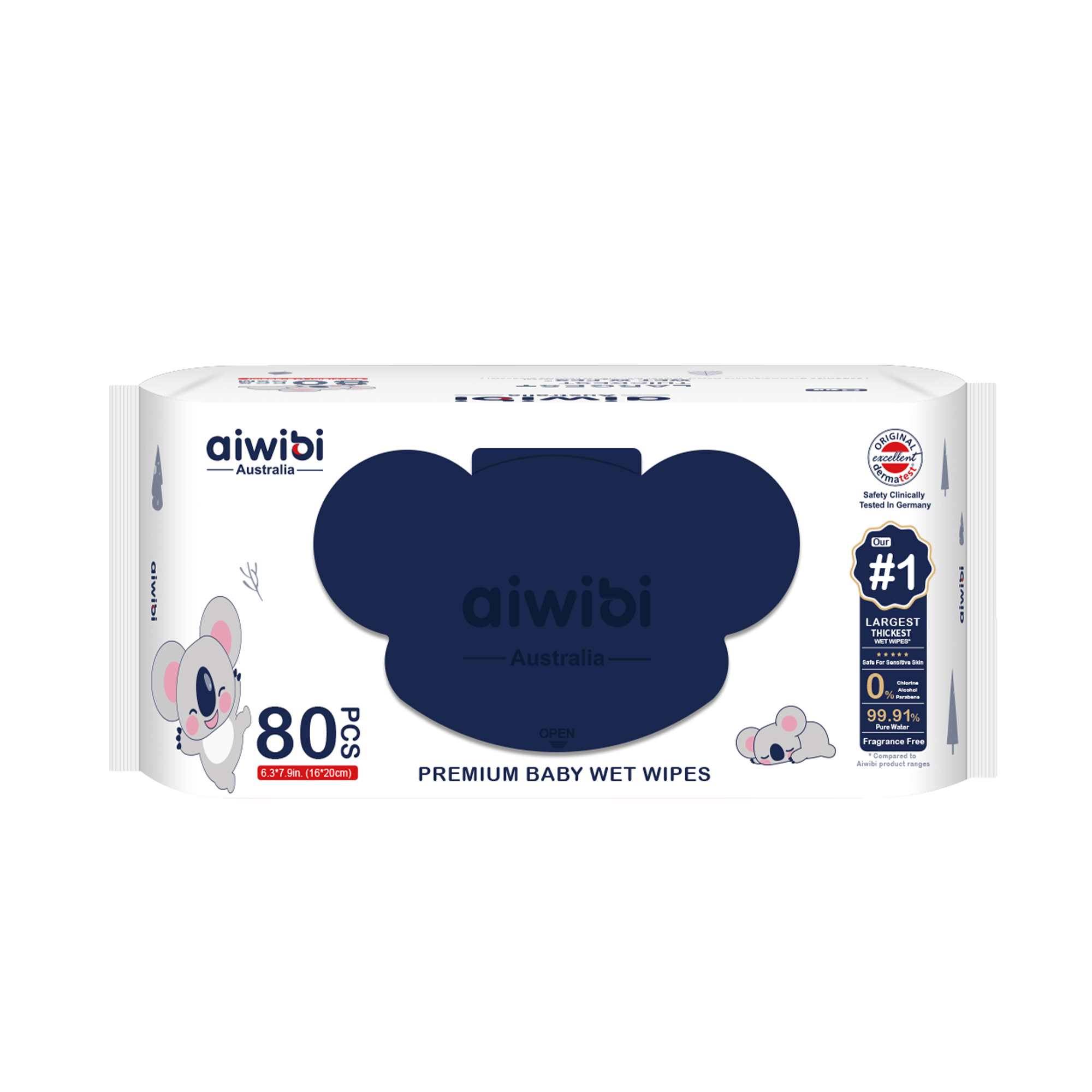Deciding when to stop breastfeeding is a deeply personal choice for every mother. There's no single "right" answer. It depends on your unique situation, your baby's needs, and how you feel. While general guidelines can help, the ultimate decision is yours. Let's explore factors to consider as you think about when to stop breastfeeding.
Family Considerations: Baby’s Age and Weaning
The American Academy of Pediatrics (AAP) recommends exclusive breastfeeding for the first six months. After that, you can introduce solid foods while continuing to breastfeed. Many mothers choose to breastfeed for a year or longer, and some continue until their child is two or beyond. The key is to find a timeline that feels right for both you and your baby.

Stop Breastfeeding:Your Baby’s Development
Your baby's cues can guide your decision. If they show signs of readiness to wean, like losing interest in nursing or happily eating solid foods, it might be time to consider transitioning. If your baby still relies on breastfeeding for comfort or nutrition, you might continue longer. Every baby is different, so trust your instincts.
Stop Breastfeeding:Your Feelings and Needs
Remember, breastfeeding is a two-way relationship, and your preferences matter. Whether you're ready to reclaim your body, return to work, or simply feel it's time to move on, your feelings are as important as your baby's needs. There's no shame in stopping when it feels right for you.

Tips for a Smooth Weaning Transition
If you've decided it's time to wean, here are gentle strategies to make the process easier:
- Take It Slow: Abruptly stopping can be tough. Gradually reduce nursing sessions daily, allowing your body and baby to adjust.
- Introduce Alternatives: If your baby eats solids, replace breast milk with formula, cow’s milk (if over one year), or other liquids. For younger babies, formula is the best substitute.
- Seek Support: If you're unsure or overwhelmed, consult your doctor or a lactation consultant for tailored guidance.
Common Questions About Stopping Breastfeeding
Is it okay to stop breastfeeding at 9 months?
Yes! Many mothers wean around this time, especially if their baby eats solids well. Ensure your baby gets enough nutrition from other sources.
What if my baby refuses a bottle?
This is common. Experiment with different bottle types, nipple shapes, and temperatures. Adding some breast milk to formula can help.
Will I lose weight after stopping breastfeeding?
Some women notice weight changes, but it varies. Your metabolism, diet, and activity level play a role. Don't stress if the scale doesn't change immediately.
What are the side effects of stopping breastfeeding?
You might experience temporary discomfort like engorgement, tenderness, or mood swings as your body adjusts. These usually pass within days or weeks.
Final Thoughts
Stopping breastfeeding is a significant milestone, and mixed emotions are normal. Remember, there's no "perfect" time to wean. Make a decision that works for you and your baby. Trust your instincts, lean on your support system, and know you're doing a great job, no matter where you are in your breastfeeding journey.



